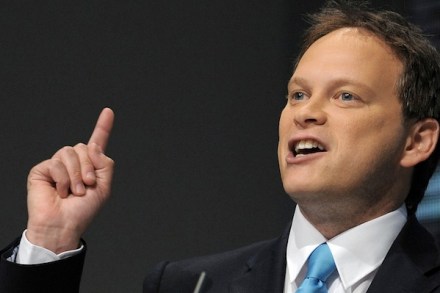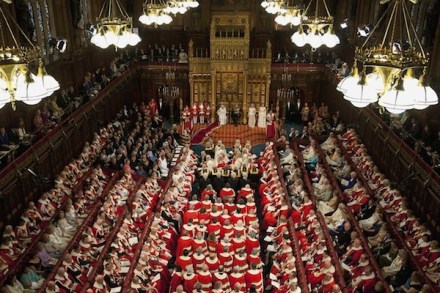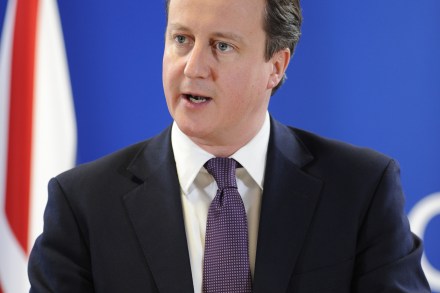The court threat that stopped David Cameron from abolishing the 1922 committee
When David Cameron spoke at the 90th anniversary party of the 1922 committee earlier this week, he used glowing terms to praise its chairman Graham Brady and urge backbenchers to ‘stick to our guns’. Anyone would think he hadn’t tried to abolish it in effect by allowing ministers to attend and vote shortly after the Coalition had formed. That the Tory leadership backed down on this, in spite of winning the vote that would have introduced the change, was well-reported at the time. But one of the key things that precipitated the climbdown has been a secret until now. Bill Cash, one of the MPs most enraged by Cameron’s attempt




















